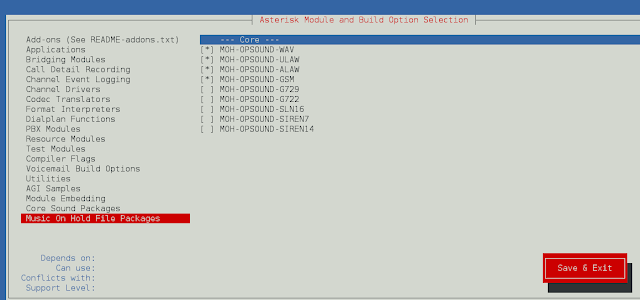Given two integers A and B, the task is to count possible values of X that satisfies the condition A | X = B.
Note: | represents Bitwise OR operation.
Examples:
Input: A = 2, B = 3
Output: 2
Explanation:
Since, 2 | 1 = 3 and 2 | 3 = 3. Therefore, the possible values of x are 1 and 3.Input: A = 5, B = 7
Output: 4
Naive Approach: The simplest approach to solve this problem is to iterate over the range [1, B] and check for every number, whether its Bitwise OR with A is equal to B. If the condition is satisfied, increment the count.
Time Complexity: O(b)
Auxiliary Space: O(1)
Efficient Approach: The above approach can be optimized based on the following observations:
- Convert the numbers A and B into their respective binary representations.
- For each same-positioned bit, count number of ways the ith bit in A can be converted to the ith bit in B by performing Bitwise OR operation.
- Initialize a variable ans to store the required result.
- Traverse the bits of a and b simultaneously using the variable i
- If the ith bit of a is set and the ith bit of b is also set, then the ith bit of x can take 2 values, i.e, 0 or 1. Hence, multiply the ans by 2.
- If the ith bit of a is unset and the ith bit of b is set, then the ith bit of x can take only 1 value, i.e, 1. Hence, multiply the ans by 1.
- If the ith bit of a is set and the ith bit of b is unset, then no matter what the ith bit of x is, the ith bit of a can not be converted to ith bit of b. Hence, update ans to 0 and break out of the loop.
- Print the value of ans as the result
Truth table of Bitwise OR operation:
1 | 1 = 1
1 | 0 = 1
0 | 1 = 1
0 | 0 = 0
Follow the steps below to solve the problem:
Below is the implementation of the above approach:
C++
// C++ program for the above approach #include <bits/stdc++.h> using namespace std; // Function to count possible values of // X whose Bitwise OR with A is equal to B int numWays(int a, int b) { // Store the required result int res = 1; // Iterate over all bits while (a && b) { // If i-th bit of a is set if ((a & 1) == 1) { // If i-th bit of b is set if ((b & 1) == 1) { // The i-th bit in x // can be both 1 and 0 res = res * 2; } else { // a|x is equal to 1 // Therefore, it cannot // be converted to b return 0; } } // Right shift a and b by 1 a = a >> 1; b = b >> 1; } return res; } // Driver Code int main() { // Given Input int a = 2, b = 3; // Function Call cout << numWays(a, b); return 0; } |
2
Time Complexity: O(max(log a, log b))
Auxiliary Space: O(1)
Ready to dive in? Explore our Free Demo Content and join our DSA course, trusted by over 100,000 neveropen!





